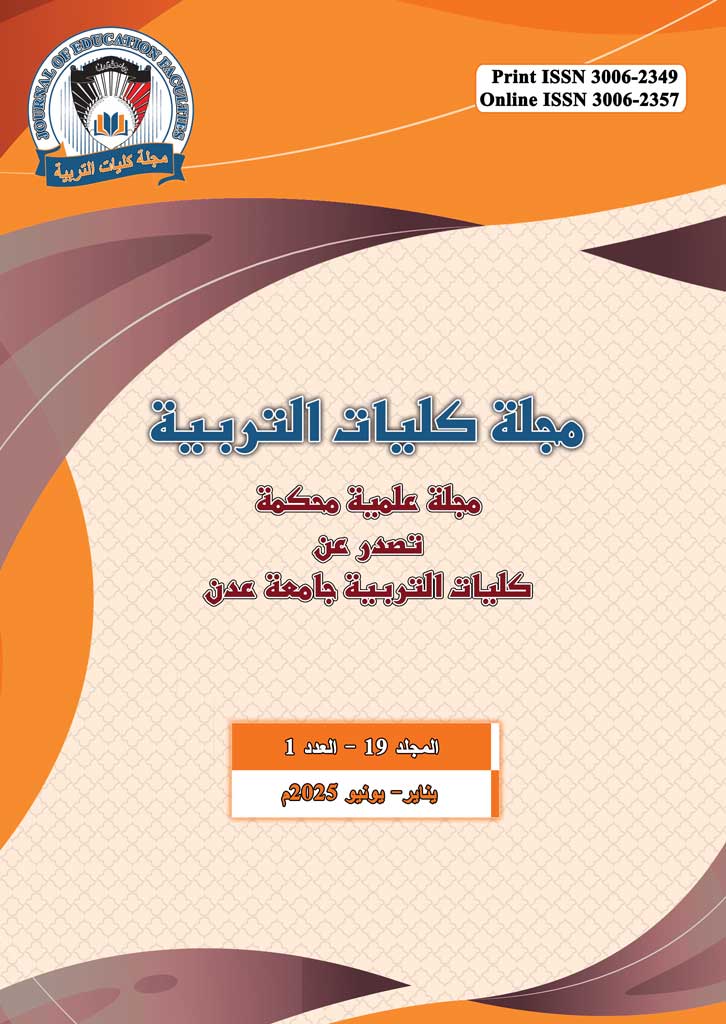Impact of the Native Language and Culture on Yemeni EFL Students’ Oral Performance: A Pragmatic Study
DOI:
https://doi.org/10.47372/jef.(2025)19.1.130Keywords:
The role of first language, the concept of culture, the concept of pragmatics.Abstract
This study investigated the impact of the native language and culture on Yemeni EFL Students’ Oral Performance: A Pragmatic Study at the Department of English, Saber Faculty of Science and Education, University of Lahj, and Faculty of Education, University of Aden. The study focused on examining how the students' native language and culture influenced their English oral performance pragmatically. In addition, the study analyzed the strategies which Yemeni EFL students used for speech acts of request, invitation, apology, suggestion, and refusal. It also explored the potential factors behind Yemeni students' pragmatic breakdown during oral communication. The study also aimed to find out some suggestions to improve Yemeni EFL students' pragmatic competence. The study adopted a qualitative and quantitative research design. Three data collection instruments were utilized to collect the required data of the study: an oral discourse completion test, the students' interview, and teachers' questionnaire. The sample of study consisted of 30 students (15) from Saber Faculty of Science and Education, University of Lahj and (15) from Faculty of Education, University of Aden. Ten teachers with PhD degree. (6) from Saber Faculty of Science and Education, University of Lahj and (4) from Faculty of Education, University of Aden. The findings indicated a strong connection between Arabic and English proficiency, particularly in pronunciation. Arabic accents negatively impacted Yemeni EFL students' oral performance. Cultural norms of native (Arabic) language also limited and constrained the students' expressions in English. The study exposed that Yemeni EFL students predominantly utilized the conventional indirect strategies, such as the query preparatory and mitigating strategies for the different functions of speech acts. The findings also indicated various reasons for these diverse strategies, such as the direct translation from Arabic to English and the huge gaps in comprehending and interpreting English pragmatics. Cultural norms were found to significantly influence the EFL students' oral performance of speech act strategies. Finally, the study recommended to initiate the language learning process by using online resources and educational websites. Find opportunities to practice English orally outside the classroom. Engage in effective conversations with peers, join language exchange programs, or participate in discussion groups to enhance self- confidence and fluency.
Downloads
Published
How to Cite
Issue
Section
License
Copyright (c) 2025 Journal of the Faculties of Education - University of Aden

This work is licensed under a Creative Commons Attribution-NonCommercial 4.0 International License.

